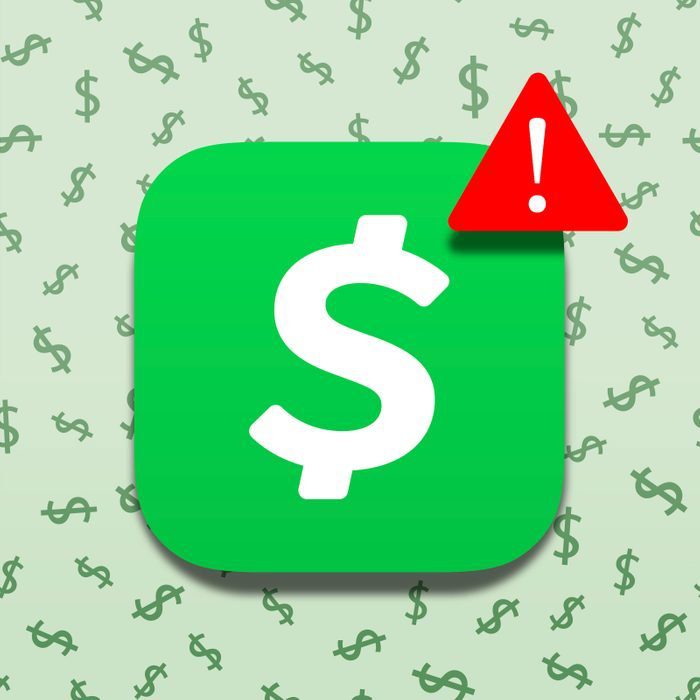Scammers have become increasingly sophisticated and now use any means at their disposal to swindle people out of money, identity or confidential information. In this article, we cover 10 common scams and how to spot them to help you stay safe and protect your assets. These scams range from phishing scams that try to acquire login credentials and personal information to lottery and sweepstakes scams that lure people in and then ask for personal information or a processing fee. It is essential to stay vigilant, research the company or opportunity carefully, verify identities and never send money to people you have not properly identified.
Common Scams and How to Avoid Them
Scammers are everywhere, and they will use any means necessary to part you from your money, your identity, or your personal and confidential information. They prey on unsuspecting people looking for something exciting, cheap, or too good to be true. The internet has made it easier for them to reach a larger audience and find new ways to trick people. In this article, we will cover 10 common scams and how to avoid them, to help you stay safe and protect your assets.
1. Phishing scams
Phishing scams are among the most common online fraud types. They usually involve the scammers pretending to be a trustworthy company or institution, and using email, text, or social media to direct people to fake websites designed to steal their login credentials or personal information. To avoid phishing scams, watch out for suspicious emails, be wary of unsolicited messages, and always double-check the web address of the page you’re visiting, making sure it is spelled correctly and has a secure connection.
2. Investment scams
Investment scams promise easy and high returns, but in reality, they are schemes designed to trick people into investing their money into fake companies or Ponzi schemes. To avoid investment scams, make sure you research the company or investment opportunity thoroughly, check if it is registered with proper regulatory agencies, and don’t invest more than you can afford to lose.
3. Lottery and sweepstakes scams
Lottery and sweepstakes scams can be very convincing, as they often use official-looking documents and logos. They usually involve a request for a fee or personal information in exchange for the supposed prize. To avoid these scams, remember that no legitimate lottery or sweepstakes will ever ask you to pay a processing fee, and you should never give out your personal information to claim an unexpected prize.
4. Tech support scams
Tech support scams involve someone pretending to be a computer technician, who will call or message you, claiming that your computer has a virus or needs fixing. They will then ask for remote access to your computer or your credit card information to pay for the service. To avoid tech support scams, always be cautious about unsolicited tech support calls, run regular anti-virus software on your computer, and only use reliable and trusted tech support services.
5. Charity scams
Charity scams prey on people’s generosity, by falsely claiming to represent a charitable organization or disaster relief fund, and asking for donations. To avoid charity scams, do your research, check if the charity is registered and legitimate, and be cautious of high-pressure sales tactics.
6. Romance scams
Romance scams are usually orchestrated by someone pretending to be a romantic interest to gain your trust, and then asking for money or personal information. To avoid romance scams, be wary of strangers who ask for personal information or money, don’t blindly trust people you meet online, and always verify the identity of someone before sending them money.
7. Rental scams
Rental scams involve fake listings for rental properties, where the scammer will ask for a deposit or rent payment upfront, without ever intending to rent the property. To avoid rental scams, make sure you view the property in person before paying any money, verify the identity and ownership of the landlord or agent, and avoid deals that seem too good to be true.
8. Work-from-home scams
Work-from-home scams promise easy and lucrative jobs, but require you to pay upfront fees or buy products in exchange for the opportunity. To avoid work-from-home scams, research the company and the job thoroughly, look for reviews and feedback from previous employees, and never pay for the opportunity to work.
9. Travel scams
Travel scams mimic legitimate travel deals or bookings, but in reality, they are just trying to steal your information or money. To avoid travel scams, research the travel agency or website, look for reviews and feedback, and only use reputable and trusted travel agencies.
10. Employment scams
Employment scams promise easy and high-paying jobs, but require you to pay for training or materials upfront. To avoid employment scams, research the company and the job thoroughly, look for reviews and feedback from previous employees, and never pay for the opportunity to work.
Conclusion
Scammers will always be around, looking for new ways to exploit people, but you don’t have to be their next victim. By staying vigilant, doing your research, and trusting your instincts, you can protect yourself from most common scams out there. Remember, if something seems too good to be true, it probably is.
